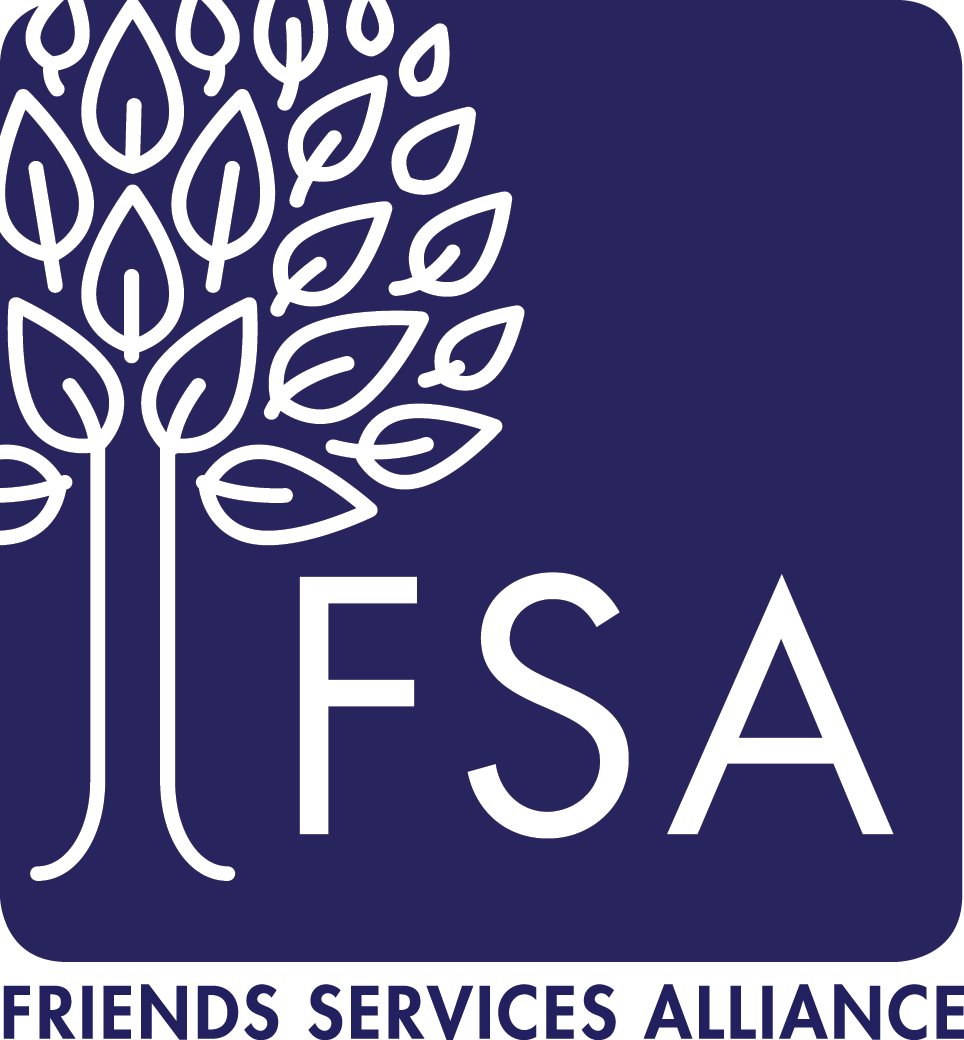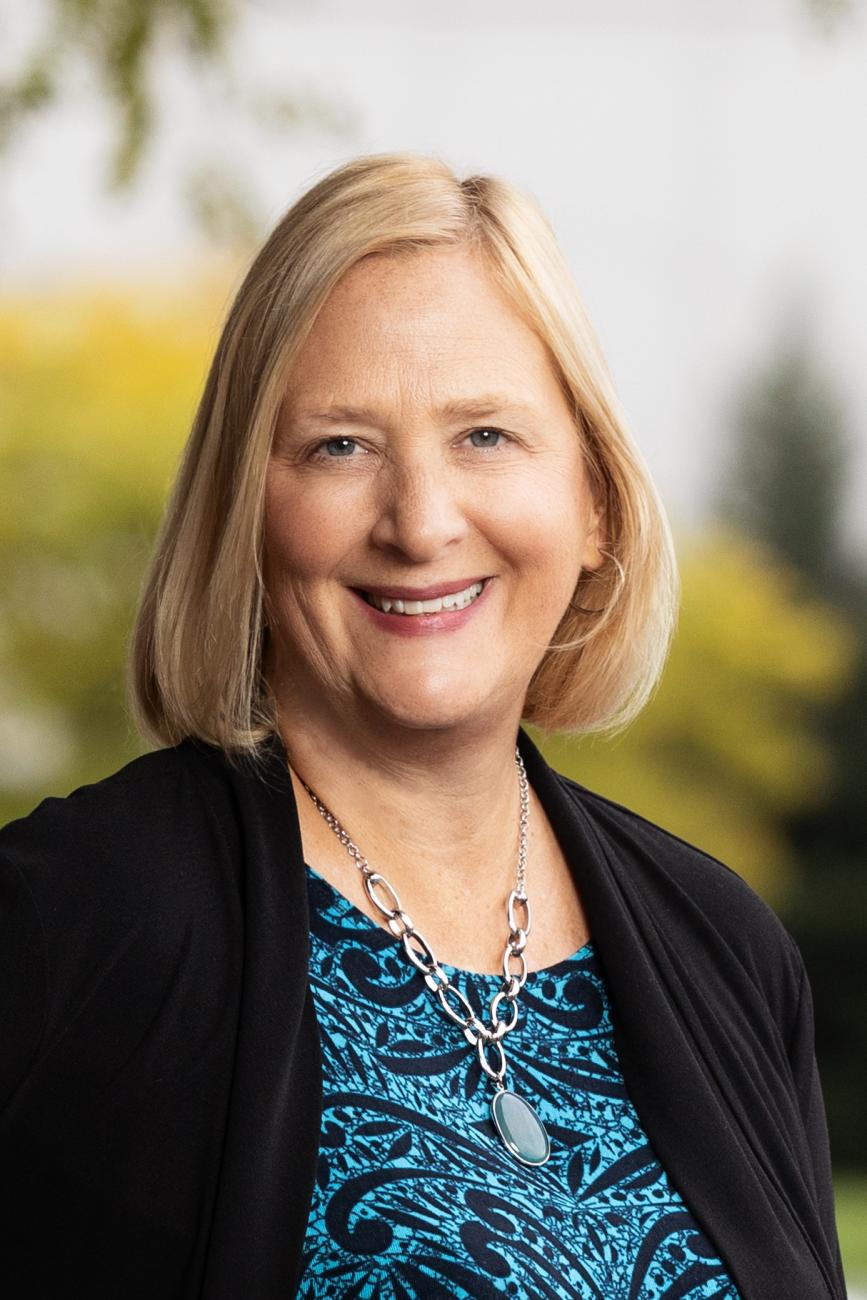The second essential element of an an effective compliance and ethics program is the Compliance Officer and Compliance Committee. The designation of a Compliance Officer serves as a focal point for compliance activities, and ensuring that this person has appropriate authority is critical to the success of the compliance program.
“Is the (compliance) program adequately resourced and empowered to function effectively?”
This the second of three fundamental questions cited by the Department of Justice (DOJ) that would be considered in the potential prosecution of an organization for misconduct. If the answer is yes, it could contribute to a positive outcome for the organization.
The DOJ outlines three conditions for effective implementation of a compliance program by the person(s) responsible for compliance:
- Sufficient seniority within the organization;
- Sufficient resources, namely staff, to effectively undertake the requisite auditing, documentation, and analysis; and
- Sufficient autonomy from management, such as direct access to the board of directors or the board’s audit or other designated committees.
The Centers for Medicare and Medicaid Services (CMS) Phase 3 regulation (F895) that requires nursing homes to have a Compliance and Ethics Program also requires that high-level personnel of the organization be assigned the overall responsibility to oversee compliance with the programs standards, policies, and procedures.
The primary responsibilities of the Compliance Officer include:
- Overseeing and monitoring the implementation of the compliance program
- Reporting on a regular basis to the governing body, CEO, and compliance committee
- Developing and coordinating a multifaceted education and training program
- Ensuring that independent contractors and agents are aware of the compliance requirements
- Ensuring that the required sanction screening is done for all appropriate individuals
- Independently investigating and acting on matters related to compliance
- Participating in the development of internal controls and systems to mitigate risk
- Incorporating relevant aspects of regulatory focus into compliance operations
- Assisting with internal compliance review and monitoring activities
- Developing an annual compliance work plan
- Periodic review and evaluation of the compliance program with revisions as needed
The compliance program should not be the responsibility of just one person. A Compliance Committee should be established to advise the Compliance Officer and assist with the implementation of the program. It should meet on a regular basis and consist of members of the organization who represent the risk areas identified, such as operations, finance, IT, human resources, and clinical management. In any healthcare organization, it may be beneficial to have a physician or other clinician as a member. In a more mature compliance program, including rotating frontline staff can provide a unique and valuable perspective on what’s going on in the trenches. The Compliance Officer and committee members should be individuals who have a strong ethical commitment to the Code of Conduct, are knowledgeable of the regulations in their departments, and are visible and accessible to employees.
Functions of the Compliance Committee may include a review and reporting of:
- Completion of an annual organizational risk assessment
- Development and implementation of the annual compliance work plan
- Monitoring conflicts of interest
- Reviewing and implementing regulatory updates
- Establishing and implementing education and training initiatives
- Hotline reporting/trending and tracking
- Auditing and monitoring internal review and audit activities
- Reviewing sanction screening results and monitoring process
- Reviewing external audits/inspections
- Completing policy review and updates
- Monitoring the culture of compliance within the organization
The Compliance Committee agenda and minutes should be documented and retained as part of the compliance program records. Don’t forget to ensure that relevant results of the meetings are communicated to appropriate leadership for follow through of important initiatives and information.
Learn why our members rely on FSA Compliance and Risk Management, and see how we can help you.
References:
Debbie Troklus & Greg Warner, Compliance 101, 3rd Edition, Health Care Compliance Association, 2011.
U.S. Department of Justice Criminal Division Evaluation of Corporate Compliance Programs, Updated June 2020.
Friends Services Alliance (FSA) is a national professional association of values-aligned organizations that serve seniors. Our support services include a team of Compliance and Risk Management experts who have supported organizations in developing and maintaining effective Compliance and Ethics Programs for over 20 years.
Our next article, which will be available in September, will focus on the Screening and Evaluation of Employees, Physicians, Vendors and other Agents.




